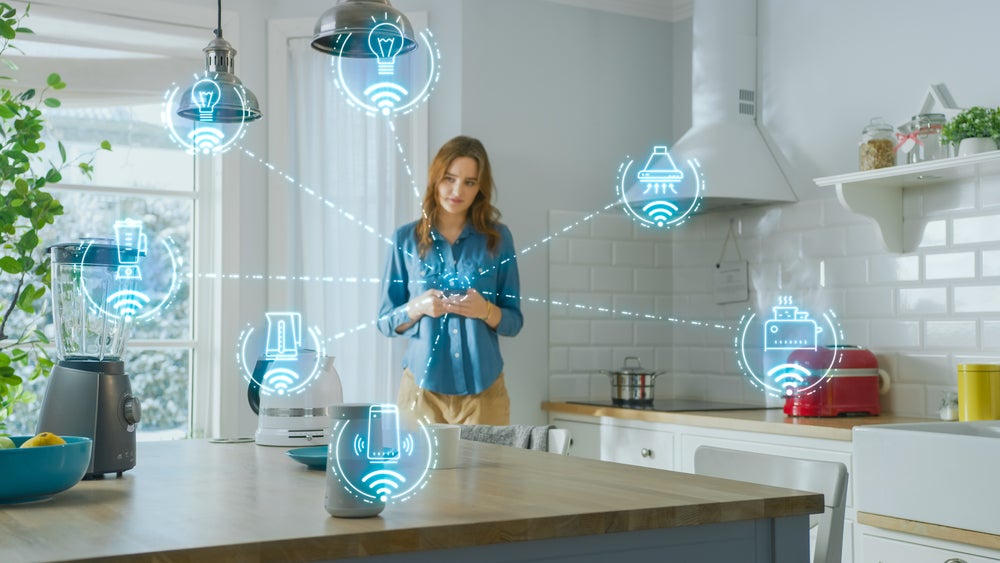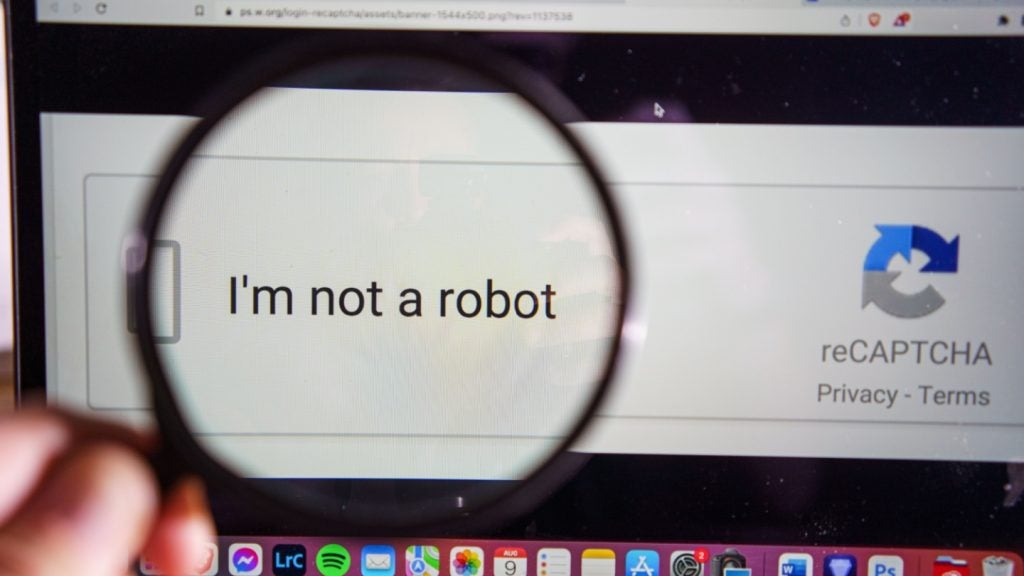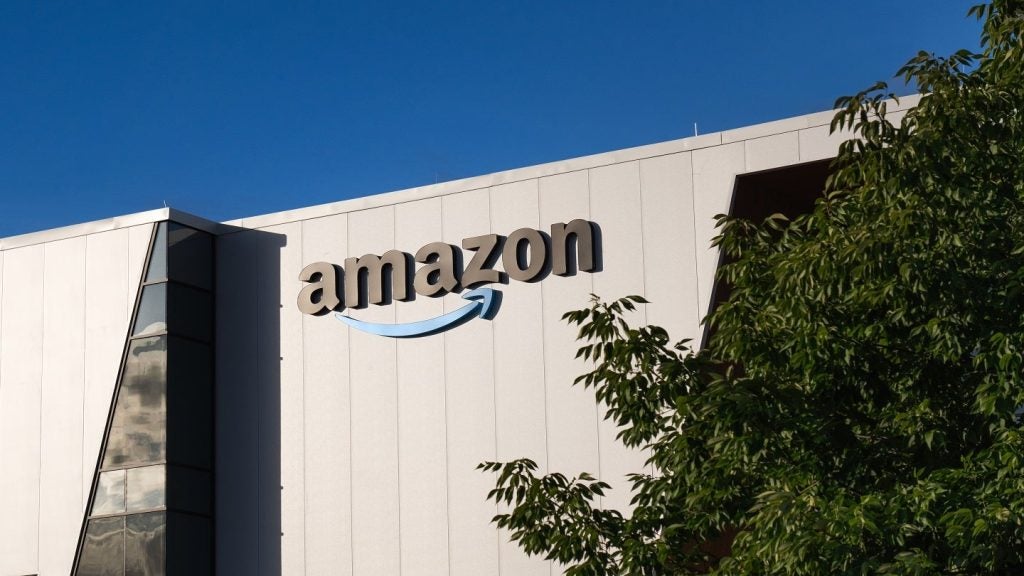
Smart home device owners are being asked for massive amounts of personal data that is potentially being shared with social media companies, research has found.
A new report from Which? claims that our smart devices are “watching us” and collating “far more data than is needed for the product to function”.
The UK-based consumer champion said it analaysed “data collection practices of major brands across smart speakers, washing machines, TVs, video doorbells and security cameras”.
The report found that everything from smart washing machines to video doorbells were sending personal data to third parties.
According to Which?, Ezviz branded smart cameras and doorbells had the most tracking firms involved, including TikTok’s marketing unit, Google, Meta, Huawei and more.
Every smart doorbell the company analysed was using tracking services from Google also.
“Consumers have already paid for smart home products, in some cases thousands of pounds, so it is excessive that they have to continue to ‘pay’ with their personal data,” Rocio Concha, director of policy and advocacy at Which?, said.
Which? also found that Bose smart speakers share user data with Meta, while Google Nest products request a large amount of information including contacts and location on Android, but not on Apple’s iOS.
“We’ve been unable to ascertain why this additional data is collected,” Which? said.
“However, Google’s primary business is advertising and marketing, whereas Apple currently focuses on selling hardware,” it added.
Perhaps the most puzzling, many smart washing machines require a user’s date of birth.
According to Which?, LG wants the most data of all the washing machine brands. Asking for a user’s name, date of birth, email, phone contact book, precise location and phone number.
Hoover wants users’ contacts and phone numbers on Android devices. With Miele, tracking of precise location is enabled by default, and is required to use the app.
“With washing machines on average lasting 11 years or even longer, that is a long time for your data to be potentially tracked,” Which? said.
Despite this sounding fairly unsettling, and its often rarely clear what is happening with the data Which? said it has no “evidence that it is being sold off to the highest bidder by any of these companies.”







